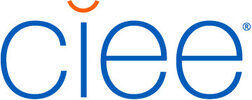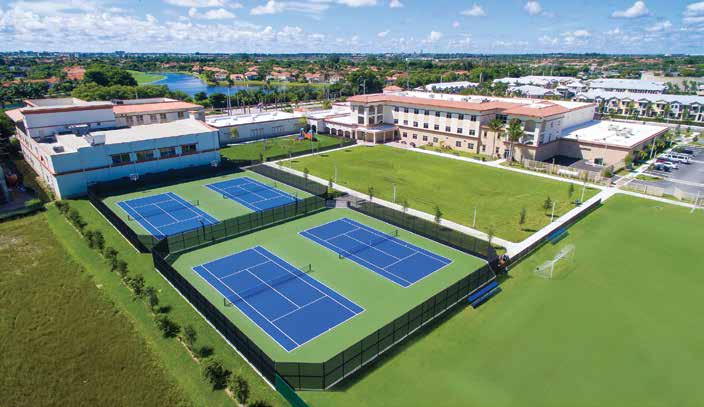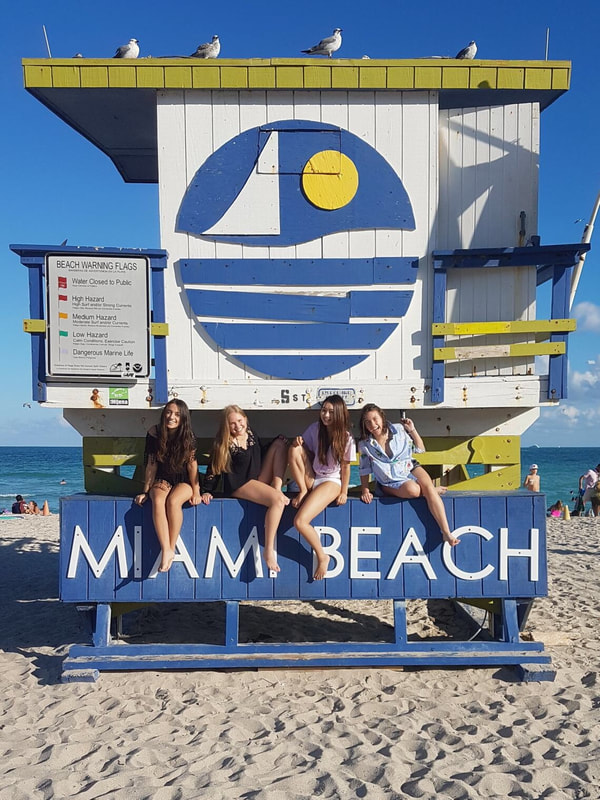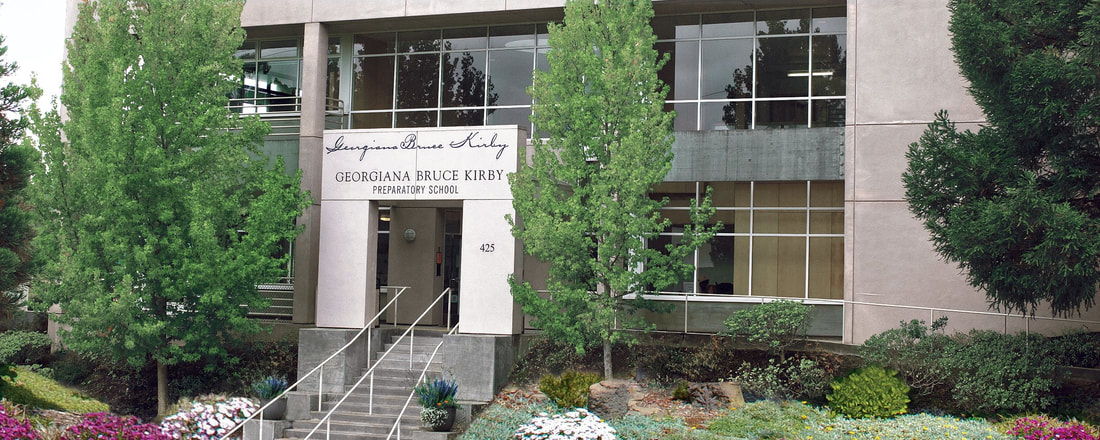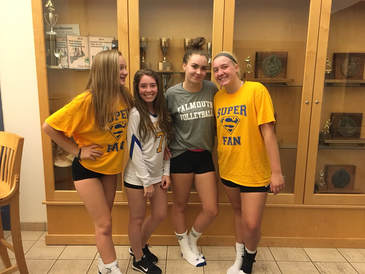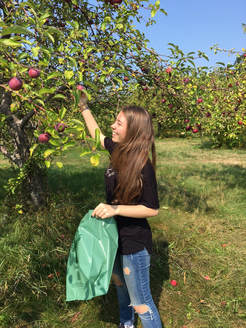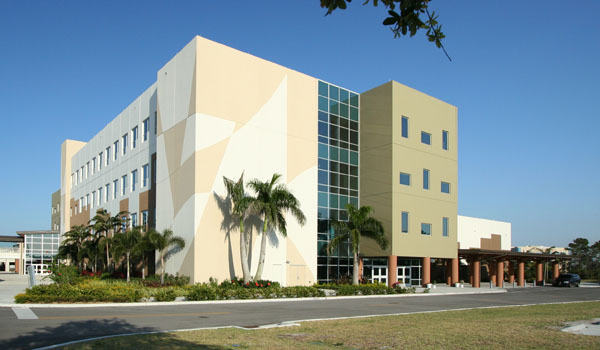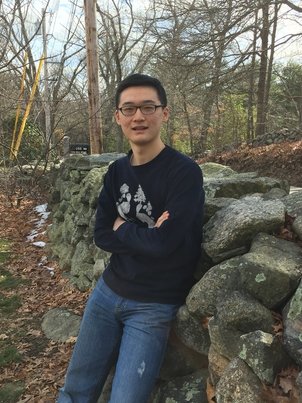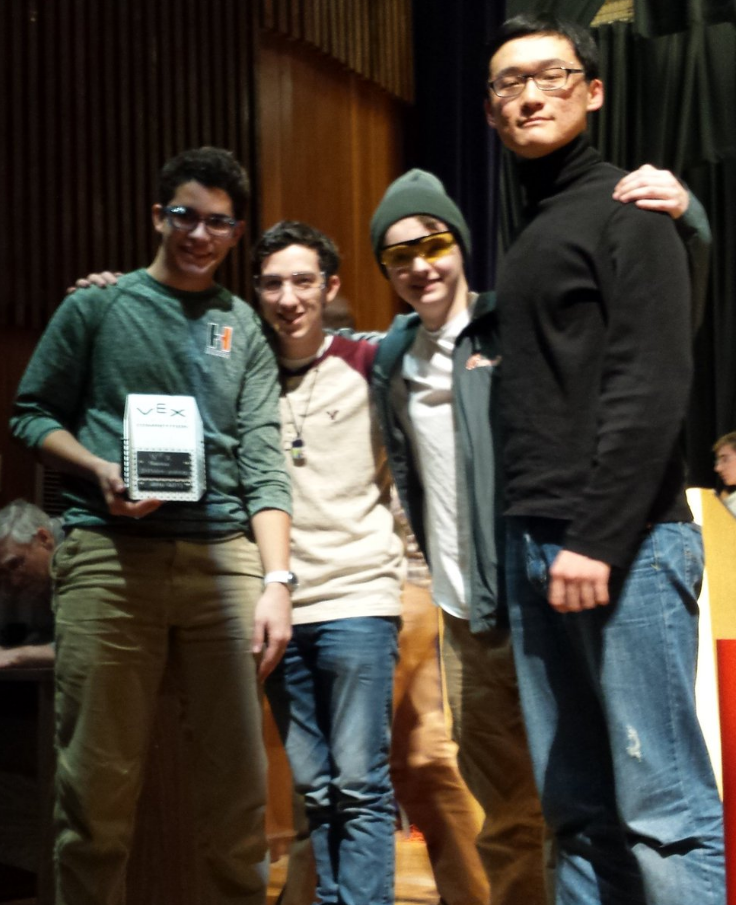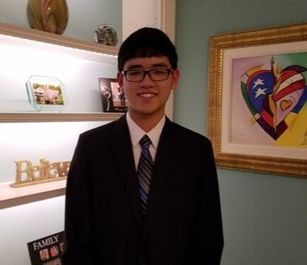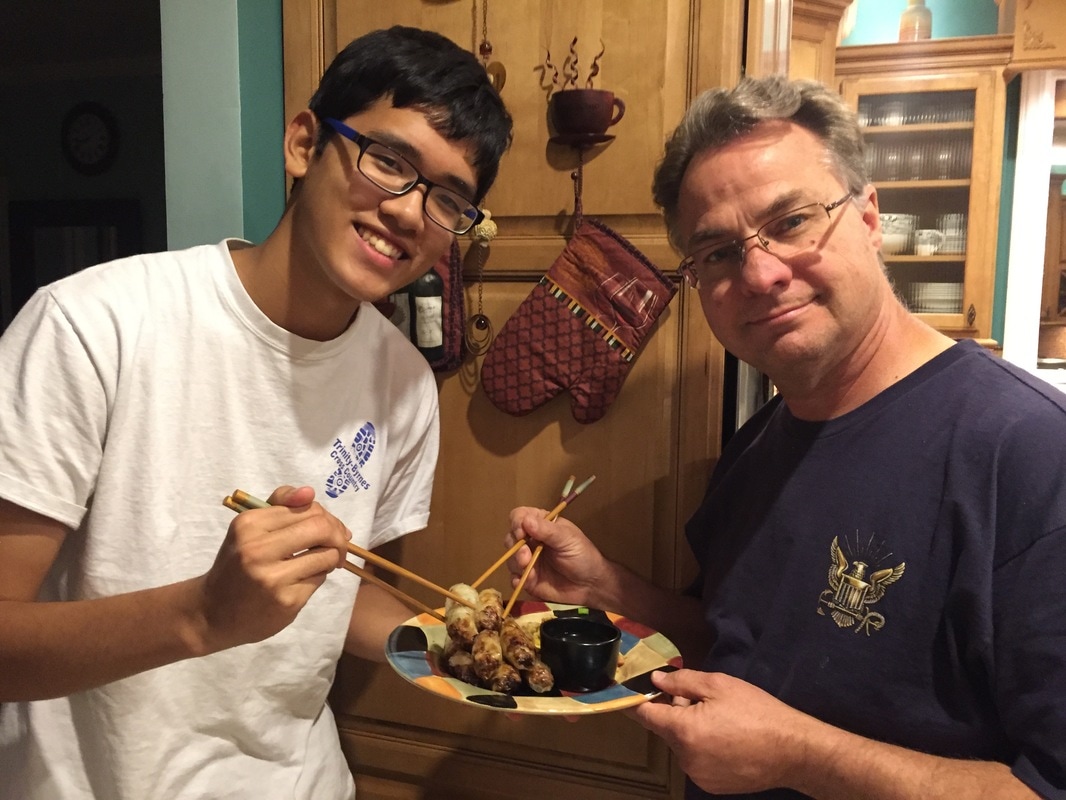|
When Shino from Japan was deciding where to spend her senior year in the United States, she knew she wanted to be near Miami. Her parents wanted to be in a private school. Divine Savior Academy in Doral, Florida, was the perfect combination. Shino benefited from the school’s excellent academics, small class sizes, new buildings, and variety of AP classes while learning American culture and living with a host family nearby. Immersing herself in American culture, Shino fulfilled a dream “of going to homecoming since it doesn’t exist in Japan and it was so much fun” and learned local customs. “What surprised me the most is the way to greet. Since Miami has Hispanic-influenced culture, they kiss on cheek when they greet. In Japan, people tend to keep a certain distance especially with new people so it was new to me.” Of all her experiences so far, Shino says the “basketball team made me have new friends from different grades so that was my favorite part.” After she graduates this year Shino will return home to Japan and study medicine in university. She believes “English is definitely a big part I gained from this experience but also being in new environment without anyone you know made me independent and I believe this experience will help me in the future a lot.” Her advice for future CIEE students? “Be open minded and learn new cultures and meet new people as much as you can.”
Arturo from Spain writes about his year so far attending the Georgiana Bruce Kirby School in Santa Cruz, California. "My favorite memory was having Thanksgiving with my host family, because it was my first time, and meeting all the other members of the family was really pleasant. What surprised me about the U.S. was the huge traffic in California, and I did not expect them to be so similar to Europeans (in many aspects) which made it way easier for me to adapt. I chose Georgiana Bruce Kirby School because the location is great, and I wanted to try going to a small school. Indeed, it's a preparatory school, and I wanted to go to a hard school in order to prepare myself for college. My favorite class is economics, and my favorite activity here is basketball. My advice for other students is to come to the U.S. It might seem like a hard decision, but once you get there you realize that it's the best thing you could have done. But, if you ever have restlessness or a problem do not be afraid to text/call your CIEE Local Coordinator or Support. And never forget to talk with your parents and close relatives, they will miss you more than you miss them. Never forget, this opportunity comes once, so please do not waste it."
Maria decided to spend a semester somewhere completely different from her home country of Brazil. She chose Falmouth High School in Maine because she “wanted to go to a cold place, and when I saw Falmouth High School, when I saw the pictures I was enchanted and I knew that coming here would be a good idea.” While attending the U.S. News and World Report Gold Medal school, Maria discovered "the way they teach [in America] and the way the school system works in general, it surprised me a lot living here and seeing the way they live, the picture I had from America before coming here totally changed now and it is definitely better.” Maria lives with a host family in the town of Falmouth, which is only a short distance from CIEE’s headquarters in the vibrant city of Portland. In addition to her academics at Falmouth High School, Maria joined the volleyball and basketball teams and made great friends through those activities. Maria says that picking a favorite moment of her semester in the U.S. is difficult “because everything that I have been doing is awesome, from going to local markets and knowing a little more of the American culture” and that studying here has been “realizing a dream.”
Maria’s semester in the United States ends soon, and looking back on her time here she says “before coming here I was really afraid of what could happen and it turned out to be the best experience of my life, something that I will never forget and will help me a lot in my future as a person, so my advice for people how think about doing an exchange program is just go. CIEE has a great program when they make sure you have the best experience of your life.” When Weijia was choosing where to go for her second year in the USA with CIEE, she knew she wanted to go somewhere warm! As a High School Exchange USA student in 2015, she was placed in Pennsylvania. Now she attends Calvary Christian Academy in warm Ormond Beach, Florida. Calvary Christian is a good fit, she says, “because it's a small school and the teachers are really willing to help you be sure you understand and can make good grades in the classes.” Her favorite class is American History.
Weijia has tons of fun with her two host sisters and enjoys jumping on their trampoline and celebrating their birthdays. Weijia’s Local Coordinator, Kristi, works at the school and gets to see her often. Kristi says, "Weijia loves animals and is even considering a career as a veterinarian in the future. Living in a home with several pets has been a joy to her as well!” Calvary Christian Academy recently held their annual prom. Weijia attended with her friend John. 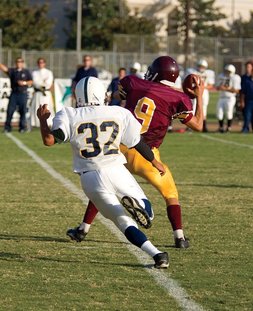 Public high school athletics are a serious pastime in many places around the U.S: some American families even to move to certain districts or cities just because the public schools boast particularly strong athletic programs! From there, participation on a winning team can lead to athletic careers or even college scholarships. But something important to note for High School Study USA students applying to public schools: many public schools around the U.S. prohibit students with F-1 visas from participating at the varsity level. This was done in part to promote and preserve competitive athletic opportunities for domestic student populations. Also, some public schools have tried increase and pad their competitive ranking by recruiting international students in the past, leading to rules that prohibited participation by students with F-1 visas at the varsity level. Public school varsity-level restrictions can vary, so it’s important to check the regulations for the state and school you are applying to. However, while athletes with F-1 visas are subject to these rules, it doesn’t mean they can’t have the top-level athletic experience they want. Here are a few solutions we can offer our students to ensure they are on the right track:
Setting a student’s expectations before they come on their study abroad experience is key. By knowing when certain sports are held (spring vs. fall), when try outs are, and if they can play at the level they want, we can help guide students to schools that are the best fit. Let's get the ball rolling! There are two main tests that international student applicants may be required to take in order to determine their level of English: ELTiS and TOEFL. Almost all U.S. high schools that CIEE partners with accept results from the ELTiS test, however some schools require the TOFEL. In addition to the ELTiS and the TOEFL exams, some U.S. high schools require additional test results from any student who is applying. Two of the most common additional tests are the ISSE and the SSAT. Learn about each of these tests below and share what you learn with your students to help them be better prepared for the school application process. ELTiS: English Language Test for International Students
The English Language Test for International Students (ELTiS) is a standardized test designed to measure the listening and reading comprehension skills of high school age English language learners. It is a shorter test, only 1 hour and 10 minutes long, and it evaluates students’ ability to understand academic classroom language. Essentially, it tests if the student can manage the English language requirements of secondary school classes where English is the language of instruction. The scores are available immediately. TOEFL: Test of English as a Foreign Language The Test of English as a Foreign Language (TOEFL) has a paper version or an online version, called the TOEFL IBT. Many U.S. universities require the TOEFL IBT for international student admissions at the university level. TOEFL scores take about three weeks to get to the student or school. This test is generally more difficult because it is used for university entrance as well as for high school. In contrast to the ELTiS, the TOFEL and tests only general English abilities. Because the TOFEL has been around longer, schools that have been accepting international students for many years often require the TOFEL test. This is most common with boarding schools and prestigious private schools, but not always. Most schools that CIEE partners with accept ELTiS scores because it is the test recommended by CSIET, the regulatory standards council that releases guidelines for running international F-1 visa programs. SSAT: The Secondary School Admissions Test The Secondary School Admissions Test (SSAT) is another test that some U.S. high schools require, and it is a popular admission requirement for exclusive private schools. Schools rely on the SSAT to assess a student's overall academic abilities, rather than knowledge in specific subjects. The SSAT is 3 hours and 5 minutes long and covers 167 questions including an unscored essay that is sent to schools. It evaluates quantitative skills, reading comprehension skills, and writing skills. While this test is difficult, it gives the prospective schools a holistic assessment of the student’s academic strengths and weaknesses. Taking this test also provides a predicted Grade 12 SAT score. ISSE: Independent School Entrance Examination The Independent School Entrance Examination (ISSE) is used for admission to some private high schools. The test is given several times throughout the year, but the majority of the testing dates fall during the fall and early winter and the number of available test dates depends on your location. This test includes sections for verbal reasoning, quantitative reasoning, reading comprehension, mathematics achievement and an unscored essay. Schools that use this test have found that have found that the ISEE test scores are the most consistent indicators of predicting success for students for their rigorous academic programs. The test is 2 hours and 40 minutes long and covers 161 questions including a scored essay. Many private schools will require a second standardized test along with the English test. Because private schools in the United States are so selective, many schools use a secondary test, such as the ISEE or SSAT, to allow them to compare students from very different educational backgrounds. Very rarely, schools will set limits to these scores. Often times they are used to help the student instead of hurt their chances of gaining admission to a school. Most boarding schools require the SSAT, while some independent schools accept either the SSAT or the ISEE. While it makes the application process longer and more difficult, these tests are used to help determine which students are very serious about applying to the school, compared to those that are applying because it is easy. Originally from China, Albert (his English nickname) is a High School Study USA student at Hopkinton High School in Massachusetts.
As a member of Hopkinton’s Robotics Club he recently competed in the state championships against other high school in Massachusetts. In a recent video, Haiping mentions he loves his school in the United States "because it provides so much different courses, lots of AP classes, and higher level classes." His advice for making new friends in America includes joining different clubs, meeting host siblings’ friends, and talking to and asking for help in classes. Learn more about Hopkington High School, and all it has to offer for international students. This week’s student spotlight is on Bang, a Vietnamese student attending school in South Carolina. Bang is currently in his second year in the United States and is planning on returning for the 2017-2018 school year too. Initially a High School Exchange USA student, Bang returned on the High School Study USA program this year because he “had always desired to learn about the American culture. I wanted to study in America whose education system is among the best in the world.” At Trinity-Byrnes Collegiate School, Bang says his favorite class is Comparative Government, "because it broadens my knowledge about the various political systems in the world.” Bang has made lasting memories with his host family, including a trip to Disney World. Bang's advice for students looking to study in the United States is “to be open and be willing to learn and emerge into the culture that might be different from their own.”
|
